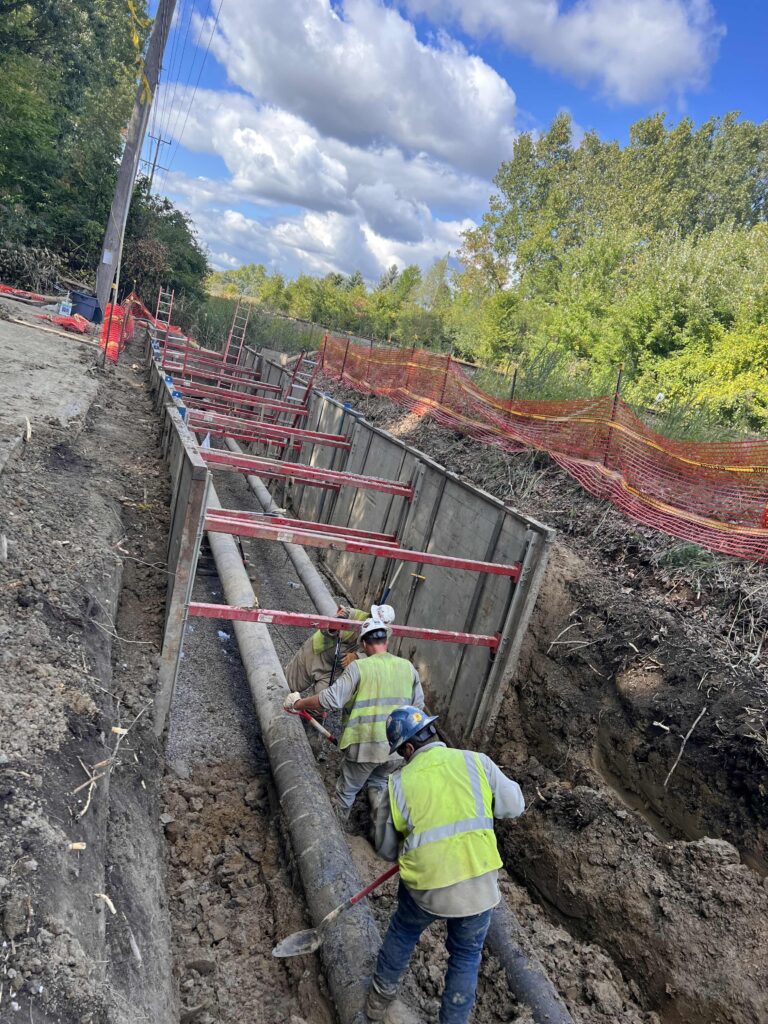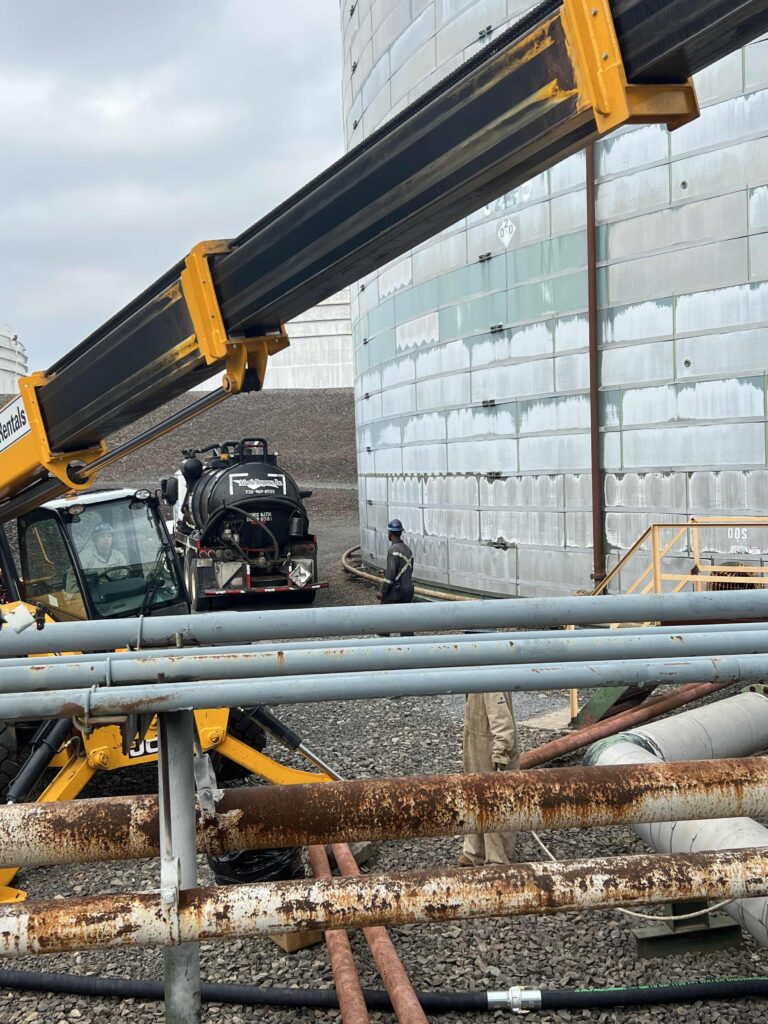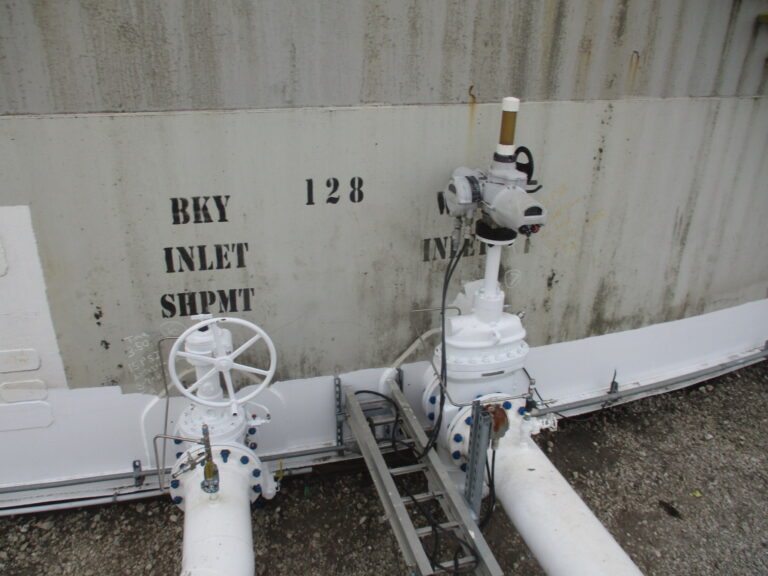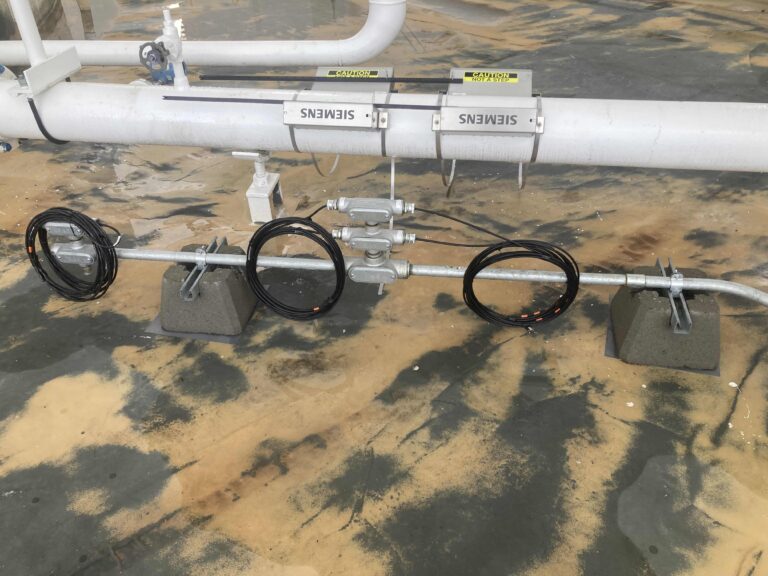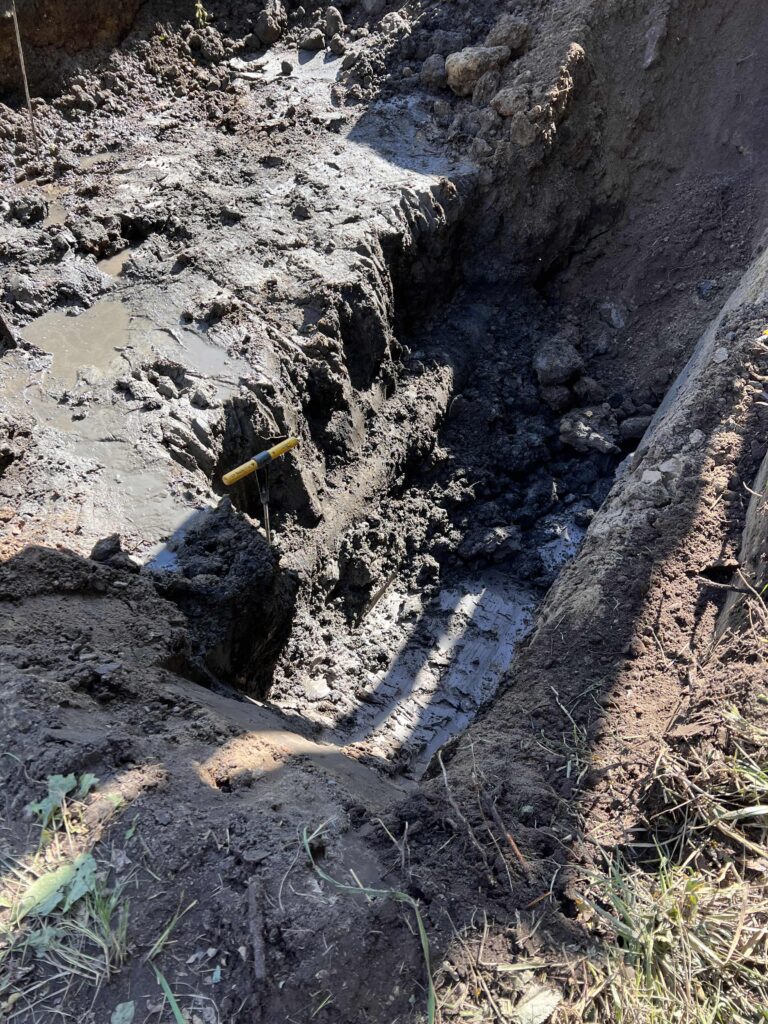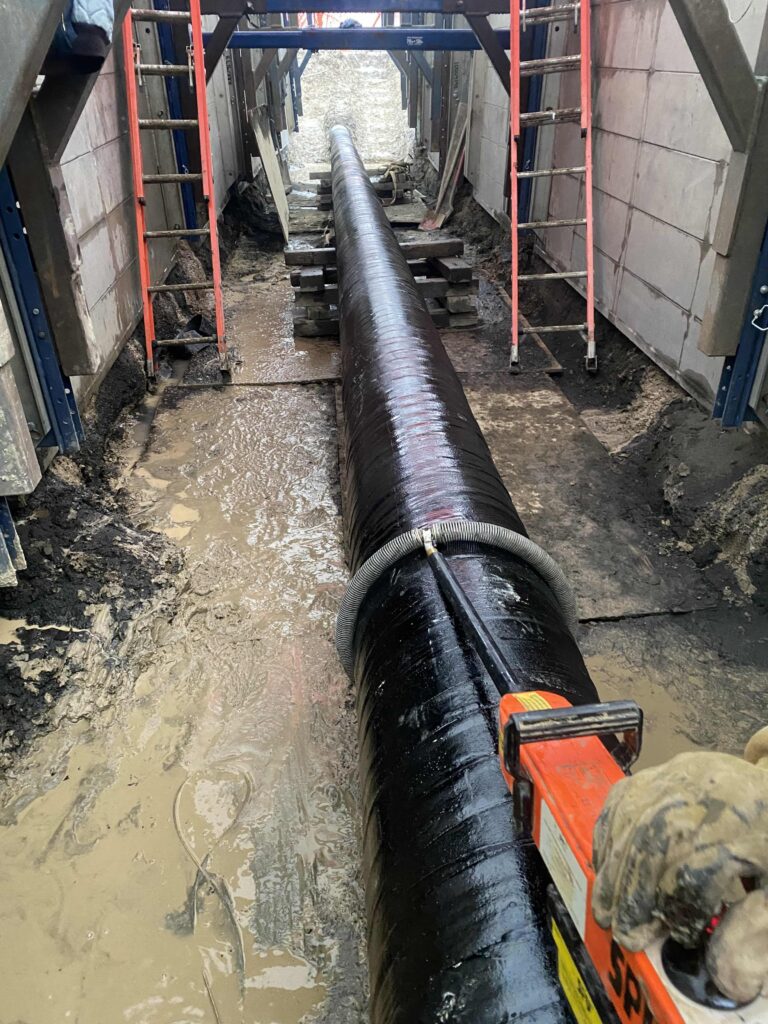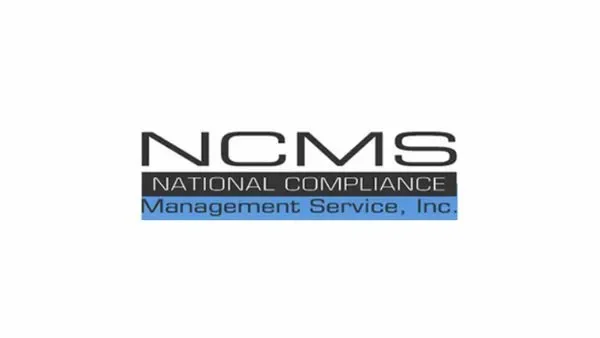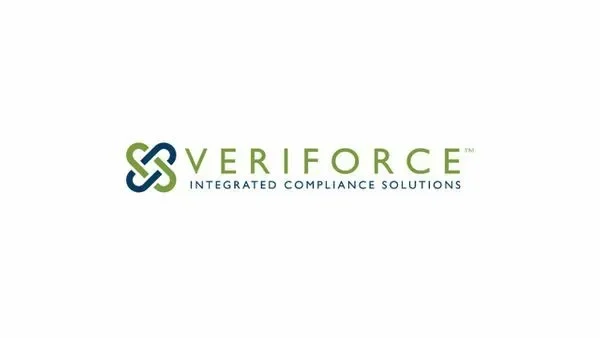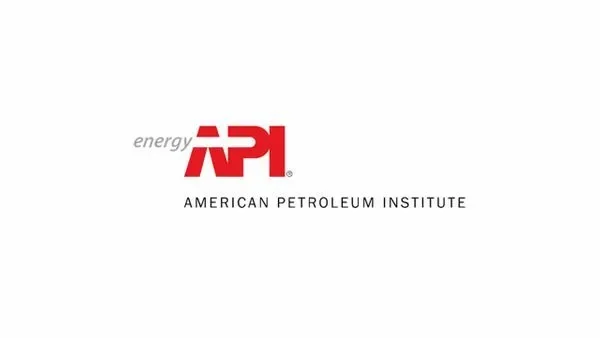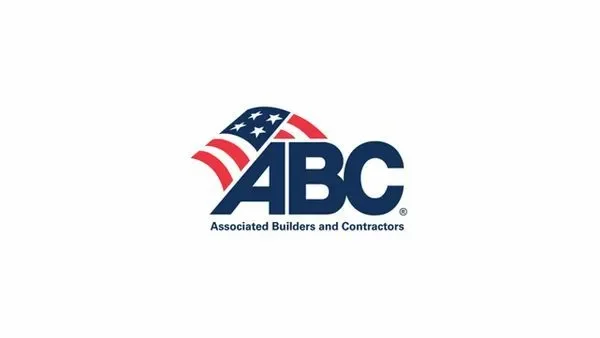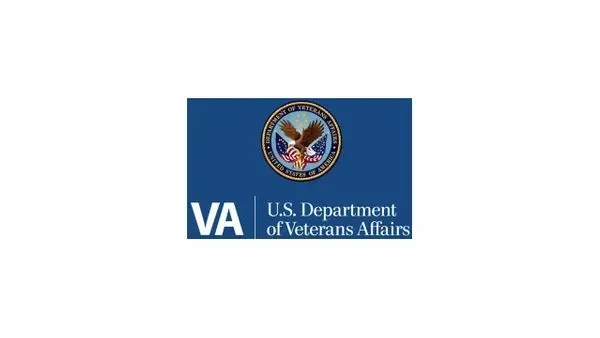The Role of Inspectors in Oil and Gas Construction Projects
Introduction
The role of inspectors in oil and gas construction projects is crucial for ensuring safety, compliance, and efficiency. At Spyglass Solutions, we understand the importance of qualified inspectors in maintaining the integrity of these complex operations.
Importance of Inspectors in Oil and Gas Construction
Inspectors hold immense significance in oil and gas construction projects. They play a crucial role in making sure that every aspect of construction meets industry standards and regulations.
Ensuring Compliance
Ensuring compliance with industry regulations is a primary responsibility of inspectors. They meticulously check that all procedures and materials meet the required standards to prevent costly penalties and project delays.
Enhancing Safety
Enhancing safety on construction sites is another critical aspect of an inspector’s role. By identifying potential hazards and ensuring adherence to safety protocols, inspectors help prevent accidents and injuries.
Types of Inspectors in Oil and Gas Construction
In oil and gas construction projects, the responsibilities of inspectors vary based on their specialization. Spyglass Solutions offers a diverse array of inspection services, each crucial to the success of the project.
General Inspectors
General inspectors oversee all aspects of the construction process, ensuring that every phase of the project complies with industry standards and project specifications.
Chief Inspectors
Chief inspectors have a more supervisory role, managing teams of inspectors and ensuring that all inspection activities are conducted thoroughly and accurately.
Safety Inspectors
Safety inspectors focus specifically on health and safety regulations, conducting regular audits to ensure that all safety protocols are being followed.
Contract Administrators
Contract administrators ensure that all contractual obligations are met. They handle the administrative aspects of contracts, including compliance, documentation, and communication between parties.
The Inspection Process in Oil and Gas
In oil and gas construction projects, a detailed and systematic process ensures that every aspect of construction undergoes thorough inspection and approval.
Pre-Inspection Planning
Pre-inspection planning is the first step in the inspection process. Inspectors develop a detailed plan that outlines the scope of the inspection, the standards to be applied, and the resources required.
On-Site Inspections
On-site inspections involve a thorough examination of the construction site. Inspectors check for compliance with design specifications, material quality, and safety protocols.
Reporting and Documentation
Reporting and documentation are critical components of the inspection process. Inspectors document their findings in detailed reports, highlighting any issues that need to be addressed.
Benefits of Hiring Professional Inspectors
Hiring professional inspectors from Spyglass Solutions brings numerous benefits to oil and gas construction projects, guaranteeing safety, efficiency, and compliance with all regulations.
Unbiased Assessments
Unbiased assessments from professional inspectors provide an objective evaluation of your construction project, free from internal biases or conflicts of interest.
Cost Savings
Cost savings are another significant benefit. By identifying and addressing issues early, inspectors help prevent costly repairs and project delays.
Enhanced Credibility
Enhanced credibility with stakeholders is achieved through professional inspections. Demonstrating a commitment to safety and compliance can improve your company’s reputation and foster trust among clients and partners.
Challenges Faced by Inspectors in Oil and Gas Construction
Inspectors in oil and gas construction projects face their own set of challenges. Recognizing these challenges can enhance appreciation for the complexity and significance of their work.
Harsh Environments
Harsh environments are a common challenge. Inspectors often work in extreme conditions, such as offshore platforms or remote locations, which require specialized skills and equipment.
Regulatory Changes
Regulatory changes can also pose a challenge. Inspectors must stay up-to-date with the latest industry regulations and standards to ensure compliance.
The Future of Inspection Services in Oil and Gas Construction
Advancements in technology are evolving the responsibilities of inspectors in oil and gas construction projects. The future of inspection services looks promising, with new tools and methods enhancing the accuracy and efficiency of inspections.
Drones and UAVs
Drones and UAVs (unmanned aerial vehicles) are revolutionizing the inspection process. They allow for aerial inspections of hard-to-reach areas, providing high-resolution images and data.
Non-Destructive Testing (NDT)
Non-destructive testing (NDT) techniques are becoming more prevalent. These methods allow inspectors to evaluate the integrity of materials and structures without causing damage.
Case Studies: Success Stories from Spyglass Solutions
Spyglass Solutions’ impact on oil and gas construction projects has been demonstrated through several successful case studies. These examples highlight the importance of inspectors in our work
Project A: Improved Safety Protocols
Project A involved a comprehensive safety audit that led to the implementation of new safety protocols, significantly reducing the incident rate and improving overall safety performance.
Project B: Enhanced Compliance
Project B focused on ensuring compliance with new industry regulations. Our inspectors identified several areas for improvement, resulting in the client passing all regulatory audits with flying colors.
How to Select the Right Inspection Service Provider
The effectiveness of inspectors in oil and gas construction projects depends on the quality of the service provider. Here are some tips for choosing the right inspection service provider for your needs.
Evaluate Experience and Expertise
Evaluate the experience and expertise of potential providers. Look for companies with a proven track record in the oil and gas industry and a team of qualified inspectors.
Assess Technological Capabilities
Assess the technological capabilities of the provider. Ensure they utilize the latest inspection technologies and methods to deliver accurate and reliable results.
Consider Customer Service
Consider the level of customer service offered. A good inspection service provider should be responsive, communicative, and committed to meeting your specific needs.
Conclusion
The role of inspectors in oil and gas construction projects is essential for maintaining the highest standards of safety, compliance, and operational efficiency. Spyglass Solutions is dedicated to providing top-notch inspection services tailored to the unique needs of the petrochemical sector. Contact us today to learn more about how we can support your operations.
Meta Data

